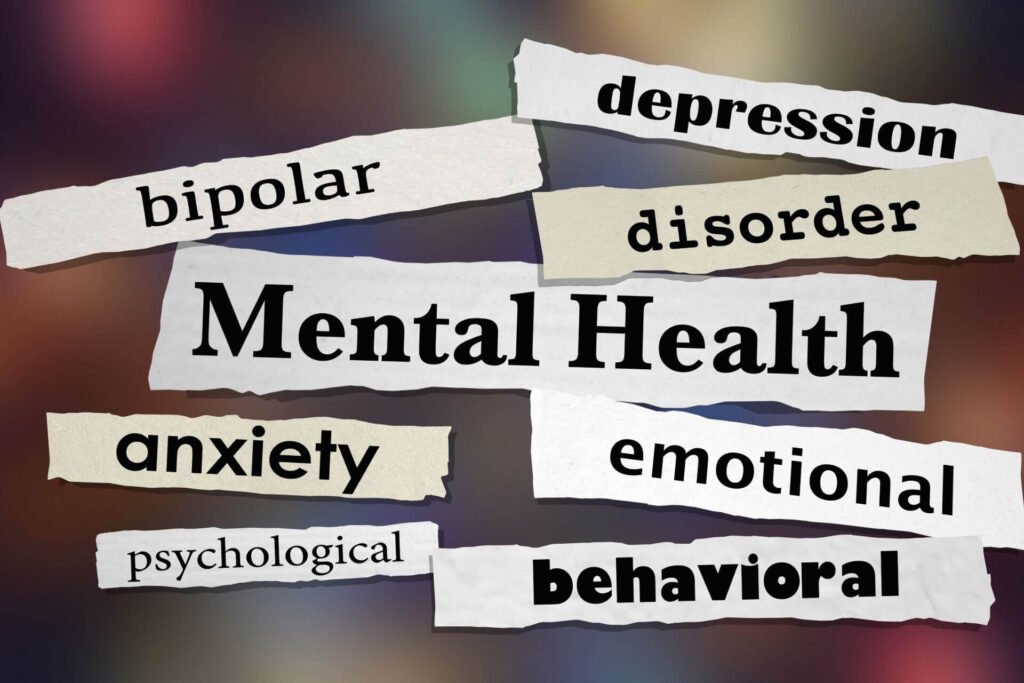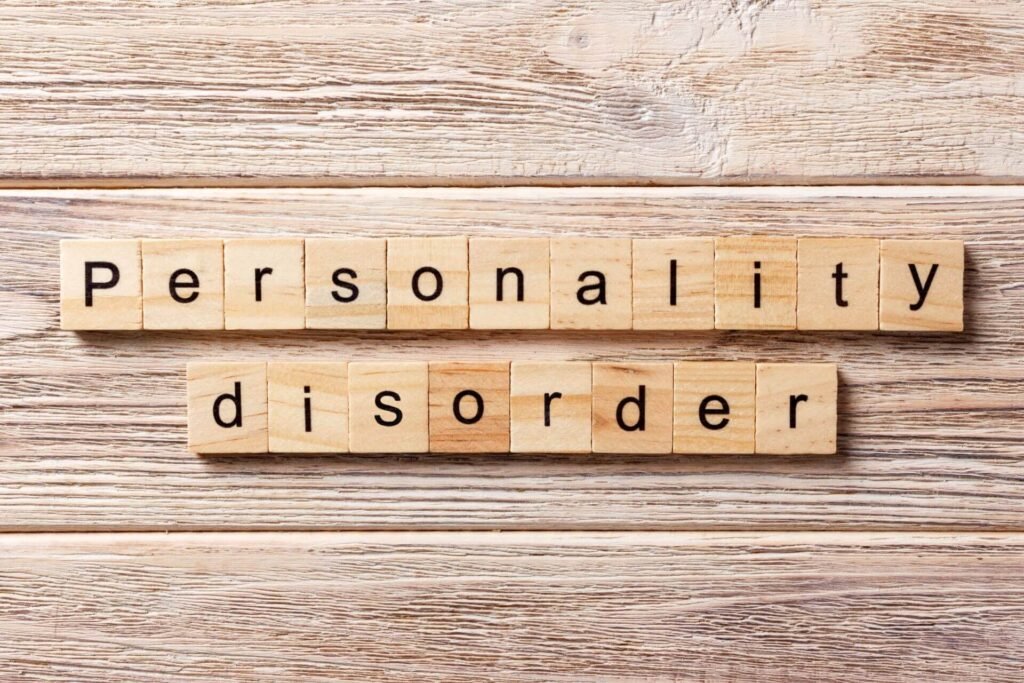Insecurity is a widespread feeling, and the root cause of insecurity can vary from person to person. However, there are many ways to beat insecurity and feel more confident about yourself. This blog post will describe some causes of insecurities, how they manifest themselves in people’s lives, and what you can do to prevent or combat them.
This blog post also includes tips on how you might handle any feelings of insecurity that come up for you during your day-to-day life. Hopefully, these helpful tips will make it easier for you to take care of yourself when those moments happen!
What Is Insecurity?
Insecurity is a feeling of uncertainty, fear, and/or doubt. People can have insecurities about their self-perception, how other people treat them, how others perceive them, and more. Insecurity can also take many different forms.
In the end, insecurity occurs when you have questions or concerns related to how something is perceived. You may ask yourself: “Do I look good?”, “Am I smart enough?”, “Do I have what it takes?”, “Will anyone like me?” and, most importantly, “What if my insecurity is true?”
Why Is It Important to Address Your Insecurities?
Insecurity can affect you in many ways. It might make it harder for you to make friends, or it may cause you to avoid doing something that will help you grow and develop as a person. Sometimes insecurity can lead to being overly sensitive to things in your environment, like how other people act around you.
In some cases, insecurity can affect your ability to enjoy yourself, and the people around you will probably be affected as well. If you tend to be insecure a lot, your relationships with other people might suffer because of it.
Insecurity can also make it harder for you to accept compliments, making those who try to compliment you feel awkward. Insecure people may also have difficulties keeping friendships because they tend to doubt the intentions of their friends. Sometimes, insecurity can even trigger strong feelings of envy towards other people.
Insecurities like these can make it impossible for you to live a comfortable life and may make it more difficult to enjoy yourself with the people around you.
Find the Cause of Your Insecurity
The first step in getting rid of your insecurities is understanding what is causing them. The reason is often referred to as a “trigger.” Here are some of the common causes of insecurity, and how to beat them.
Fear of Abandonment, Rejection, or Lack of Belonging
This is especially true if something recently happened to make you feel that way. Humans are wired to fear rejection, so an unexpected abandonment or loss can strongly affect your emotions.
How to fight it?
Talk about it! If you are afraid of being abandoned by someone you used to feel close to, find a place where you can talk about it. It will help you manage those emotions and deal with them better! You can try writing down your thoughts in a journal or blogging about your feelings.
You can also make new friends. If a person or group doesn’t accept you, that’s their loss. You can find new people who will accept and love you for all of your quirks!
Fear of Failure
Fear of failure can stem from a desire to avoid the stress, anxiety, and/or disappointment of a failed attempt. Sometimes people are afraid of making other people around them feel bad if they fail too. For example, many kids feel they need to prove something to their parents by getting high grades.
Not getting those good grades might cause them to feel like they let their parents down or that their parents will no longer love and support them. Other people might not want to hurt the feelings of a teacher who is counting on them to do well in the class.
How to fight it?
You first need to identify what’s causing this fear of failure. Why is there so much pressure on your shoulders? Then, you can work on finding solutions to those problems. If you are afraid of disappointing your boss and getting fired, you could tell them you really want to give the best performance possible, but that sometimes it’s just not enough. Seeing how hard it is to perform your task might help them understand your challenges better and help you.
If you don’t feel comfortable talking to your boss, you can talk to a coworker or human resources.
Fear of Being Judged

For people with severe anxiety, even walking down a crowded street can be a problem. They may feel like everyone on the street is staring at them and judging their appearance, behavior, or even thinking about how they should live their lives.
While some people may stare because of that, most people won’t care enough to notice. And even if they do see, the chances are that they aren’t giving you enough attention to care about what you’re doing. They could be thinking about something else entirely, or just going through their own daily lives like everyone else!
Fear of being judged is part of a more significant problem: Social anxiety. Social anxiety is defined as feeling fear, apprehension, or worry in a social situation. This condition can arise at any time in the life of someone who suffers from it, but it is pervasive in teenagers and young adults.
How to fight it?
First of all, try not to become too paranoid. Calm down and take a deep breath. It’s all about how you feel about yourself, so have confidence in that! Most of the time, people’s appearances and behaviors don’t matter to anyone but themselves.
If being around many people makes you feel incredibly nervous, try talking to your friends or a family member about it. They can help give you advice and support to help you get through it.
Also, remember that the more you’re outside your house and around people, the less scary it becomes over time! You’ll become used to seeing different kinds of people and won’t be afraid anymore.
Shame or Guilt
“Guilty feet have got no rhythm”- that’s a line from a song by George Michael, and it’s true!
Feeling ashamed of yourself or guilty for your actions can make you feel like you don’t deserve to have fun, especially if what you did is serious in any way. Maybe you cheated on a test, took something that didn’t belong to you, or even did something like hurt someone’s feelings.
The constant toll it takes on your confidence can lead to serious insecurity problems.
How to fight it?
Managing your emotions while dealing with guilt and shame can be very difficult.
You should never feel bad about trying your best- just try harder next time! Remember that everyone makes mistakes sometimes. The important thing is not letting those mistakes define you as a person, but learning from them and making sure they don’t happen again.
Try making things right if you can. After all, it’s not about what others will think of you when you do wrong- but rather how good it feels to right a wrong that happened! Apologizing will help clear your conscience and give you a sense of purpose.
If you find yourself struggling to feel better about yourself after doing something wrong, it might be worth it to speak with a professional.
Anger Due to Perfectionism
Artists are the main victim of this type of insecurity. They expect so much more of themselves than what they are capable of. If a painting is not perfect, the artist might think it’s no good at all and throw it away. Some of the best singers in the world criticize themselves to no end when they don’t sound as good as they want.
In truth, that’s wrong because there’s always room for improvement regardless of how well you do. What matters most is your effort and consistency rather than just getting something done perfectly.
How to fight it?
First of all, try not to be so hard on yourself! Everyone makes mistakes sometimes! It’s important to remind yourself that each mistake teaches you something new and gives you a chance to do better next time. It would also help if you understood that nothing in this world is perfect, so there’s no reason why you should have to be!
Finally, remember to celebrate the accomplishments you do make! That’s what will keep you going.
Conclusion
Insecurity is an ugly part of human nature, but it can and will be beaten by those who know how to do it! In any case, understanding the root of your insecurity should be the first step you take to overcome it. Self-love and acceptance should be your goal.
Becoming confident will help you feel great about yourself and the world around you. It’s important to remember that there are plenty of opportunities to learn from your mistakes- be persistent and forgiving of yourself, so you can keep it living fully!













